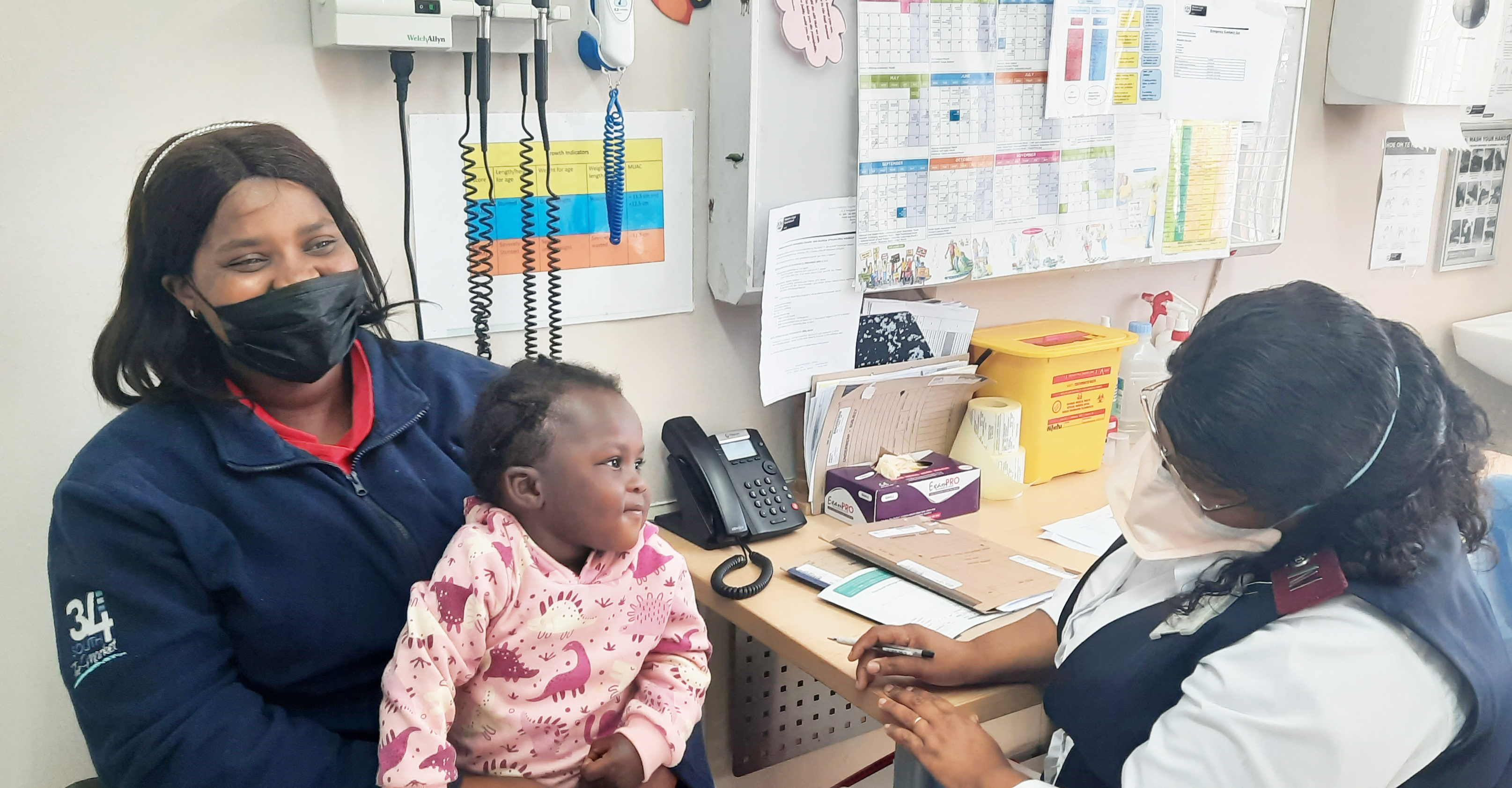News
World Polio Day - vaccines work
Immunisations has shown time and again its effectiveness at combating preventative disease. Many serious illnesses such as polio have almost completely been eradicated due to childhood vaccinations.
We observe World Polio Day on 24 October 2021. This day aims to increase awareness about the polio virus and to encourage further actions to reduce it from spreading. The commemoration of the day also highlights the success of global strategies in reducing the spread of the disease.
There is no cure for polio, therefore vaccination against this disease is very important. Polio usually targets children below the age of five.
A child’s health is most vulnerable during the first 1000 days of its life. This period, from conception until a child’s 2nd birthday, offers a unique window of opportunity to shape healthier and more prosperous futures.
Sr Nolulama Nogom who works at Khayalethu Clinic in Knysna is well of aware of the importance of the first 1000 days of a child’s life.
She is responsible for antenatal care and child immunisations.
“I enjoy my work. I get to be part of the mother’s pregnancy journey up until after birth when they bring their babies for immunisation”, she said.

Sr Nolulama is passionate about the women in her community and the health of their children and will leave no stone unturned to ensure every baby receives his/her immunisations.
“We send tracers to mothers’ who have missed their immunisation appointments. We work with a birth register, so we know how many births we have in our community. I always remind mothers to come to the clinic 3 to 6 days after the baby is born. When they don’t, we make a plan to reach out to them.”
Sr Nogom also visits local creches to ensure all children are up to date with their immunisations. “We check the Road to Health book, and if we find a child who is behind on immunisations, we get consent from the parents to immunise the child”, she said.
Sr Nogom sees an average of 30 moms per day for immunisation. “I am passionate about the health of every child in my community, and that starts with immunisation”.
Polio
Polio is a highly infectious disease and mainly affects children under three years of age. It is caused by germs (polioviruses), which attack nerves, causing weakness or paralysis of the leg and/or arm and if severe, may involve respiratory or breathing muscles. The polio virus is excreted in stools and spreads rapidly from one person to another and often leaves its victims disabled.
Immunisation strengthens your child’s immune system and protect them from deadly diseases, such as polio, measles, hepatitis B, and diphtheria, tuberculosis (TB) and meningitis. Immunisation also keeps other children safe by eliminating or greatly decreasing dangerous diseases that used to spread from child to child.
Western Cape Government Health offers free vaccinations, including that for polio, to everyone at health facilities.
For more information on the First Thousand Days visit: www.westerncape.gov.za/first-1000-days
Nadia Ferreira
Principal Communications Officer
Western Cape Government Health
Tel: 044 813 1831
Email: Nadia.Ferreira@westerncape.gov.za
Website: www.westerncape.gov.za


